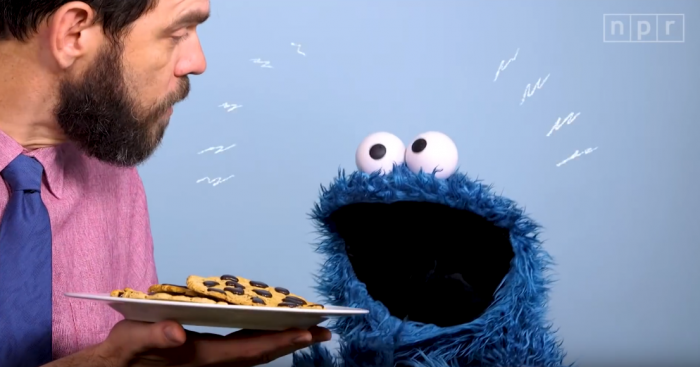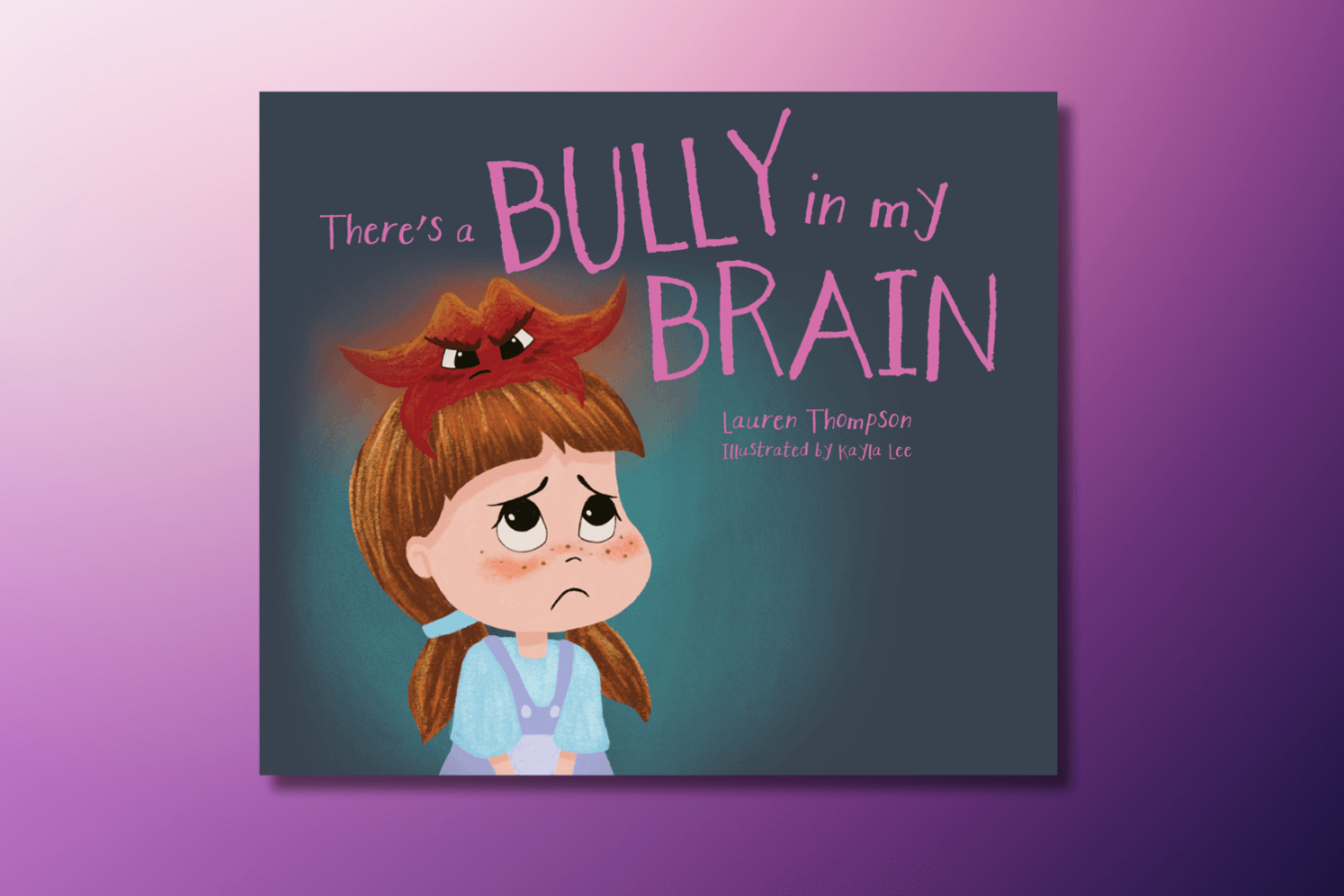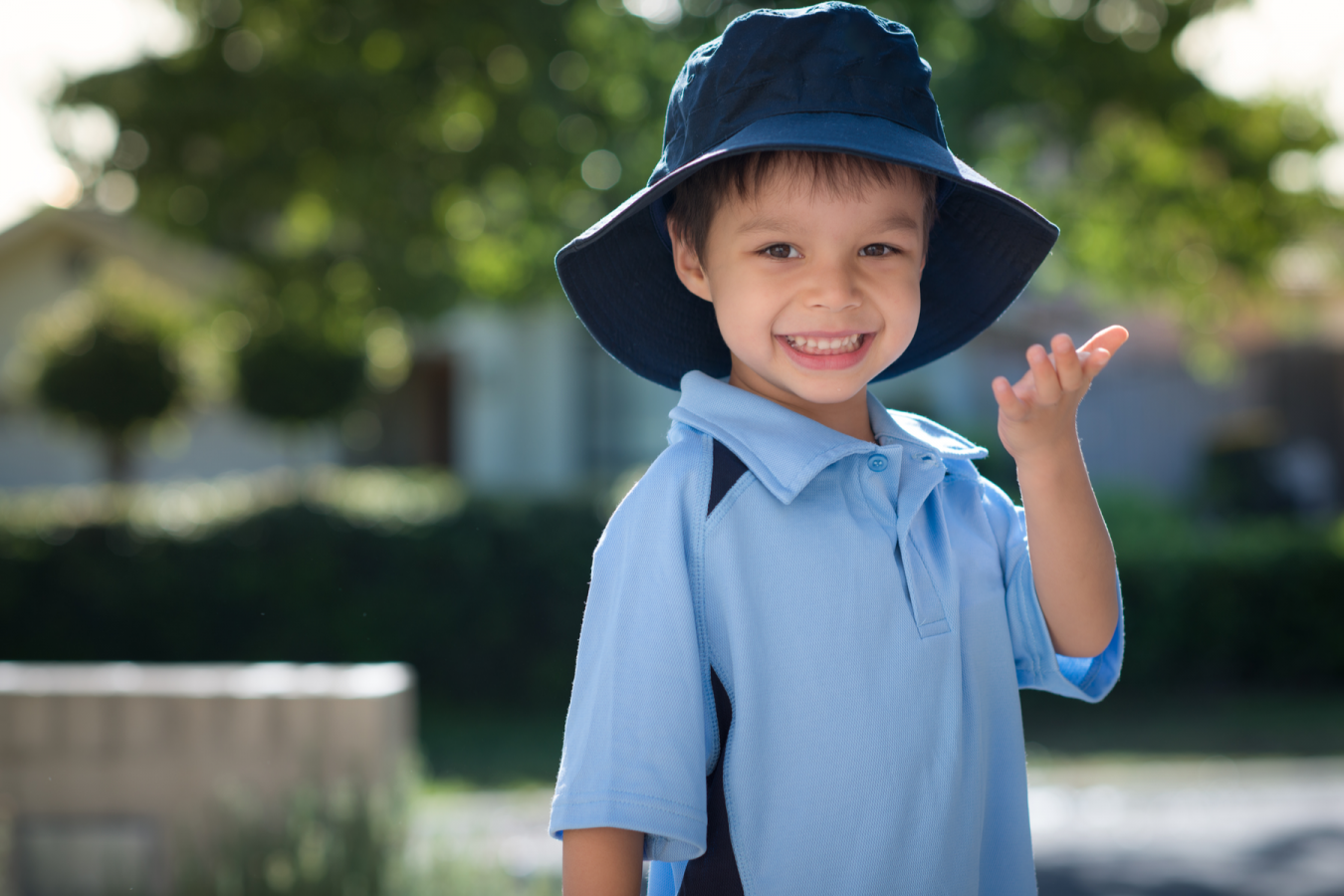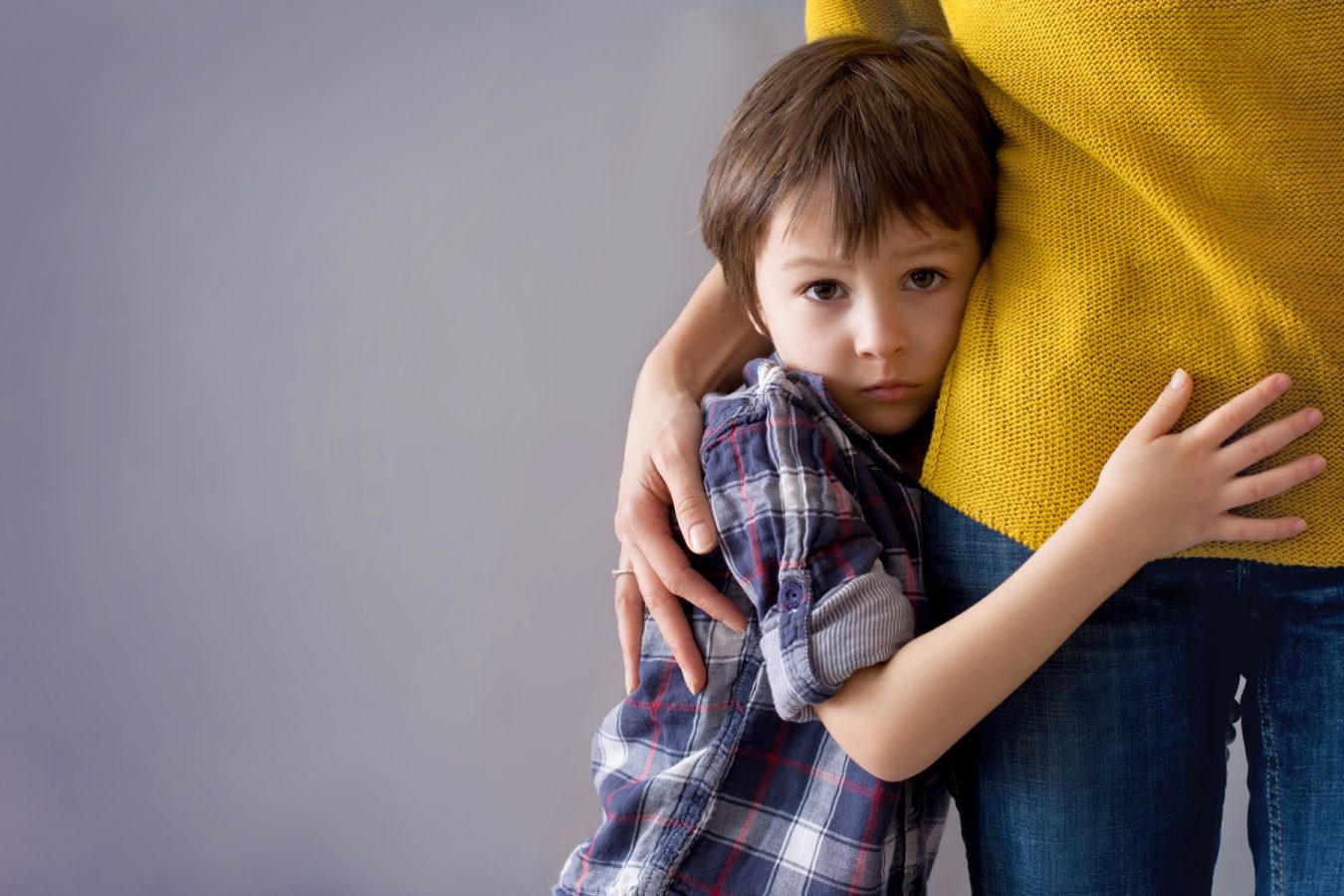
Cookie Monster teaches kids about self-control (really), why our children are so anxious, how to make sure your kids are friends when they're older, and more.
Our selection of thought-provoking and useful articles from around the web on educating and raising children.

Self-control for monsters
(Anya Kamenetz, Cory Turner, NPR)
Cookie’s never been a poster monster for self-control, right? In this video made for NPR in the United States, the hungry blue fur ball demonstrates for children a new set of emotional skills when faced with a plate of his favourite chocolate chip cookies. You can see what Cookie did to keep temptation at bay. Cookie has evolved as the Sesame Street folk have increased the show’s focus on social and emotional skills. The video is part of a series called Life Kit: Parenting.
SubscribeAnxious times: what’s going on with our primary-aged children
(Amanda Dunn, The Sunday Age)
This is an in-depth look at trends that point to a rise in anxiety among primary school children. Is the increase real, or is it simply a case of greater awareness of anxiety, and more willingness to see help for it? Many of the professionals interviewed believe there is a genuine increase. So what’s going on? The article explores the possible causes, from parenting styles to extreme perfectionism.
Read moreWant your kids to be friends when they’re older? Here’s how you can help them have a strong relationship
(Carol Rääbus, ABC Life)
Are you friends with your siblings? Do you hope that when your children are adults, they will get along? Don’t leave it to DNA – the foundations of a sense of connection are laid when they are growing up. This article looks at the kind of things parents can do to foster it – modelling good behaviour, family rituals, and a family code of conduct.
Read moreWho am I? Why am I here? Why children should be taught philosophy (beyond better test scores)
(Ben Kilby, The Conversation)
Is a flag pole a place? This question was posed to a TED talk audience by author Roger Sutcliffe – half said yes, half said no. Sutcliffe then told them about an answer a nine-year-old gave him: ‘To me a flagpole is not a place, but to an ant it is.’ The answer demonstrates how children can think philosophically when given the space. The article explains a philosophy program specifically designed for primary school, and the benefits that can flow to children from being taught philosophical thinking.
Read moreSubscribe


